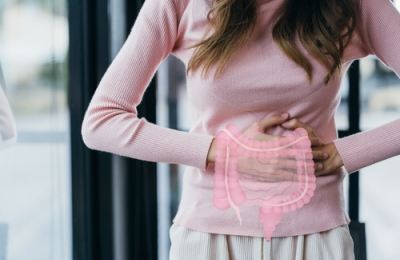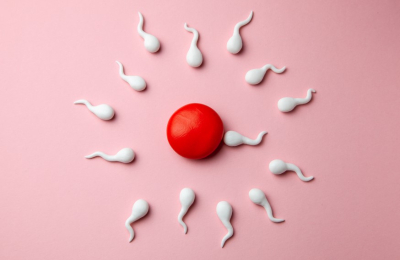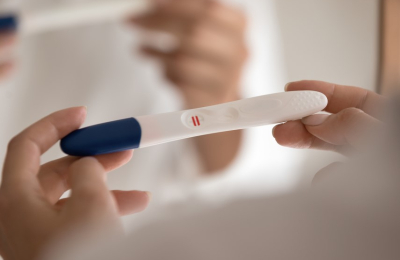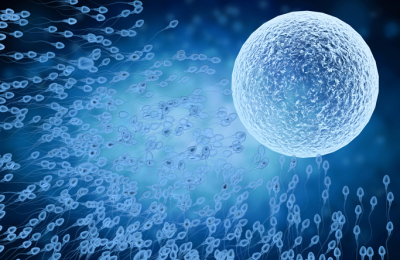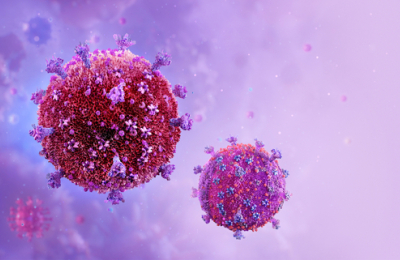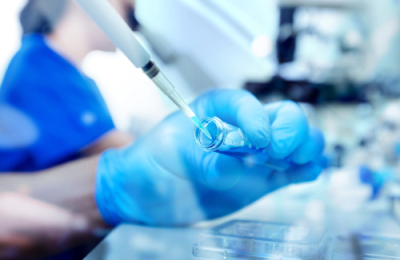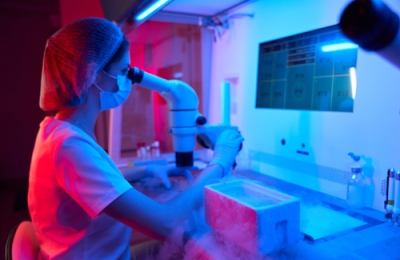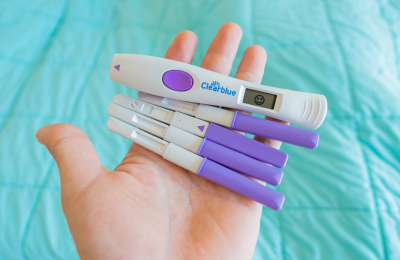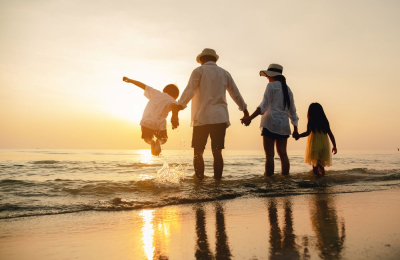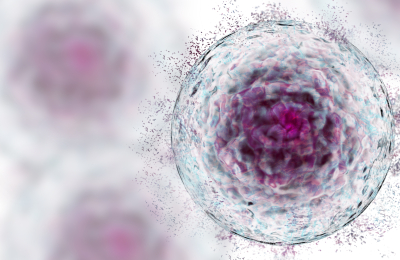
Around 20% of women who needed fertility treatment, such as IVF, to conceive their first child are likely to get pregnant naturally in the future, finds a new UCL study.
The first-of-its-kind research, published in Human Reproduction, analysed data from 11 studies of over 5,000 women around the world between 1980 and 2021, to evaluate how common it is to get pregnant naturally after having a baby conceived by fertility treatment.
They found that at least one in five women conceived naturally after having had a baby using fertility treatment such as IVF mostly within three years. This figure remained unchanged, even when taking into account the different types and outcome of fertility treatment—alongside length of follow up.
Infertility is defined by the failure to achieve a pregnancy after 12 months or more of regular unprotected sexual intercourse, and it is estimated to affect 1 in 7 heterosexual couples.
However, not all women seeking and undergoing fertility treatment are absolutely or permanently infertile. And half of couples who struggle to conceive naturally in the first year of trying will go on to do so in the second year.
Although it is typically considered 'rare' for a woman to get pregnant naturally, if she has previously had fertility treatment, the researchers want to highlight how it is not in fact an unusual event.
The team consider the findings to be particularly important, as many women may not realize that they could conceive naturally following fertility treatment.
This could lead to them becoming pregnant again quickly or when they aren't ready—which could be problematic for both the health of the mother and child.
Lead author, Dr. Annette Thwaites (UCL EGA Institute for Women's Health) said, "Our findings suggest that natural pregnancy after having a baby by IVF is far from rare. This is in contrast with widely held views—by women and health professionals—and those commonly expressed in the media, that it is a highly unlikely event."
Read more on Medical Xpress.
















